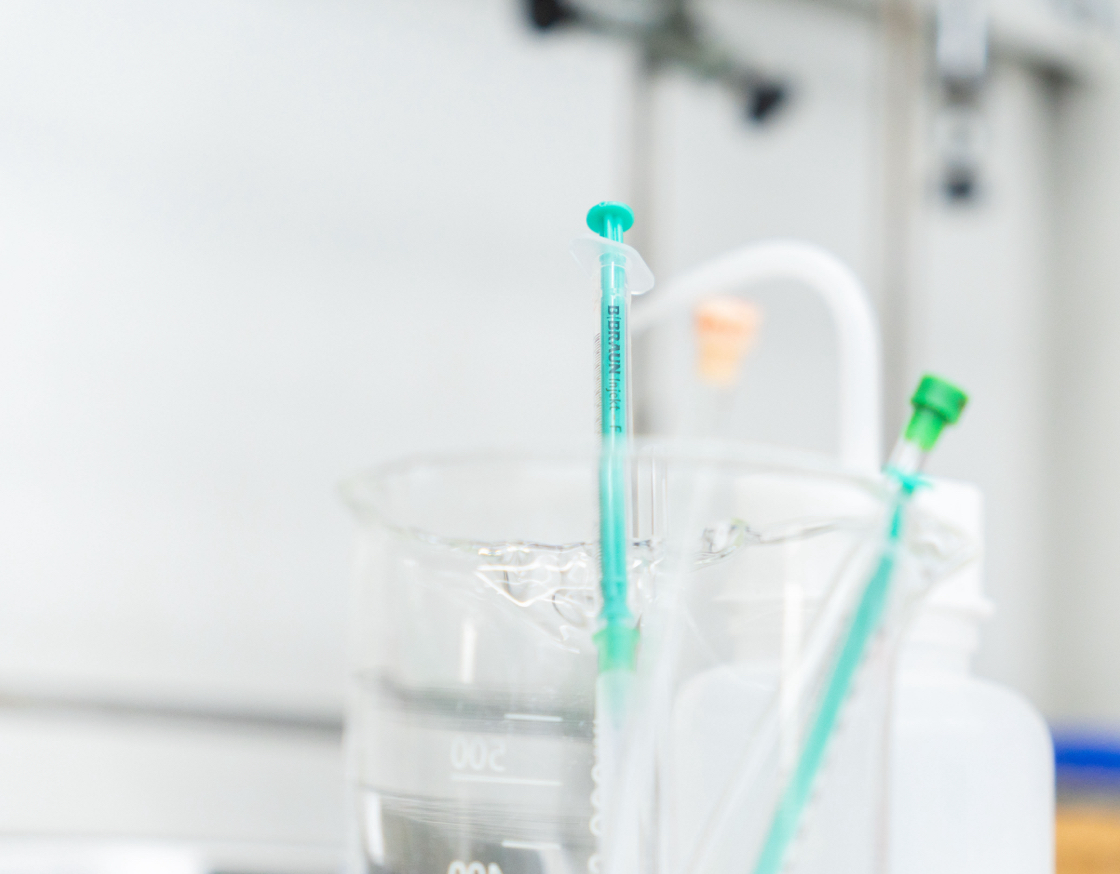AVANT-GARDE
Advancing Metal-Assisted Transformations of Functionalized Heterocycles into Novel Stereodefined Scaffolds
Project description
The AVANT-GARDE project aims to uncover new reactivity patterns and opportunities to transform vinyl-, alkynyl- and allene-appended heterocyclic substrates into stereodefined synthons with value in fine-chemical and pharmaceutical development programs. The key approximation is through the utilization of transition metal (TM) catalysis, and more specifically the use of (mostly) base metal (M = Ni, Co, Cu) and/or photocatalysts to assist these protocols. The project builds on the previous and extensive experience of the Kleij group in the formation of sterically challenging stereocenters empowered by TM catalysis.
The associated work is outlined in four work packages (objectives) being: (1) the Pd/Ni mediated formation of spiro-based bicyclic 3,6-dihydro-2H-pyrans through a novel cross-coupling between vinyl- and allene-derived cyclic carbonates this process offers new types of bicyclic scaffolds in both a diastereo- as well as enantioselective way with Ni-catalysis pursued as a more attractive alternative; (2) a dual Co/photo-catalyzed regio- and stereoselective conversion of alkyne cyclic carbonates into functionalized 1,3-diene products the preparation of these scaffolds holds great promise as such functional 1,3-dienes may be useful synthons for fine-chemical (e.g. Diels-Alder reactions, CH activations) and polymer science (e.g. new monomers); (3) a Cu-mediated asymmetric coupling between alkynyl oxetanes and nucleophiles creating 1,3-functionalized synthons novel 1,3-amino-alcohol synthons can be used to design simple entries into oxazinone pharmacores and unknown polyurethane polymers; and (4) a photo-catalyzed conversion of vinyl cyclic carbonates into elusive stereodefined all-carbon tetrasubstituted olefins the method will allow to assemble new structures that are relevant to assemble novel types of biologically active compounds with bulky double bonds. In each of these work packages, a novel type of substrate or new catalytic approach is targeted to enable the synthesis of challenging small molecules in either a diastereoselective or enantioselective manner.
For each objective, some preliminary and promising results have been achieved creating the necessary feasibility of the proposed experimental program. Further optimization of each synthetic protocol is, however, required following a detailed examination of the scope of each individual transformation. In addition, efforts are made to study and disclose the main features of the involved mechanisms to rationalize the observed experimental reactivities and selectivities. Combined, the experimental efforts will provide new synthetic approaches for otherwise difficult to prepare, stereodefined small molecules with high value in both academia and industry.

Proyecto PID2023-149295NB-I00 financiado por MCIU/AEI/10.13039/501100011033 /FEDER,UE
-
Reference: PID2023-149295NB-I00
-
Call identifier: Generación de Conocimiento 2023
-
Timeline
01/09/2024 - 01/08/2027
-
ICIQ's Budget
268,750 € -
Senior Researcher
Prof. Arjan Kleij
-
Financing Agent / Programme
Ministerio de Ciencia, Innovación y Universidades, Proyectos Generación de Conocimiento
Publications
-
2025 | ChemSusChem
Access to Highly Functional and Polymerizable Carbonate-Drug Conjugates
Shi, W.; Senthamarai, T.; Lanzi, M.; Orlando, P.; Nogués Martín, R.; Kleij, A. W.
-
2025 | JACS Au
Highly Functional Allyl-Bicyclo[1.1.1]pentane Synthesis by Radical-Initiated Three-Component Stereoselective Allylation
Zeng, Q.; Shi, W.; Kleij, A. W.
-
2025 | Nat. Commun.
Catalytic transformation of carbon dioxide into seven-membered heterocycles and their domino transformation into bicyclic oxazolidinones
Shi, W.; Benet-Buchholz, J.; Kleij, A. W.
-
2025 | ACS Catal.
Photochemical C–H Borylation in Organic Synthesis
Rej, S.; Amos, S. G. E.; Kleij, A. W.

Let's create a brighter future
Join our team to work with renowned researchers, tackle groundbreaking
projects and contribute to meaningful scientific advancements

















